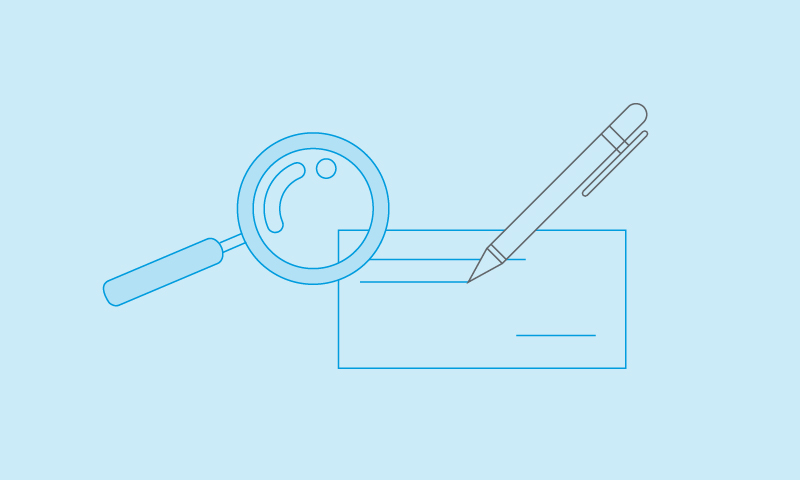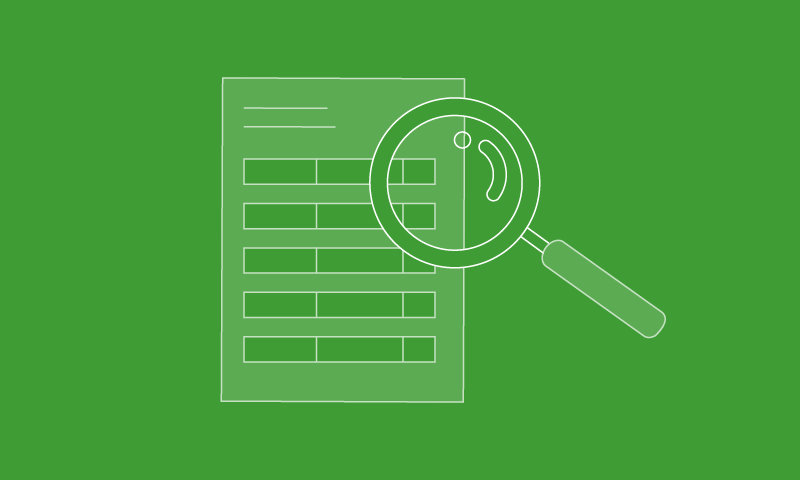26 January 2021
Doctors and other healthcare professionals working overtime to fight the coronavirus pandemic could be in for a nasty tax shock. Marginal tax bands are particularly high just above the £100,000 income level, with a 60 per cent marginal effective tax rate and 2 per cent National Insurance contributions. It is also the threshold where free childcare for nursery-age children is removed, creating a tax ‘cliff edge’ for many, but it is the tax on pensions growth which can lead to some particularly hefty tax charges.
In the 2020 Budget, many of those affected would have been taken out of the tapered annual allowance trap when the relevant adjusted income level was raised from £150,000 to £240,000 and the threshold income level was raised from £110,000 to £200,000, but this still leaves a default £40,000 annual pensions allowance, which may not be enough to ensure pensions growth is tax free whether or not income rises.
Working overtime is often not pensionable for hospital doctors and so many could avoid this trap, but where new pensionable roles have been created in response to Coronavirus, and if this also leads to an increase in pay, the figures can be stark.
For example, a hospital consultant with 30 years’ service taking on a new role with a pay increase from £100,000 to £110,000 could possibly see a tax charge of £20,000 or more on their pension growth due to the annual allowance being exceeded. In this scenario there would be options to pay the tax charge from their pension pot in exchange for a lower pension in retirement, which may be the best course of action for some.
GPs earning extra in the £100,000 to £125,000 tax band with no remaining annual allowance capacity would find that each £100 earned would see £60 lost to tax, £2 to NIC and a further £12 in pension tax charges meaning that only £26 goes into their pocket.
This tax could lead to clinicians taking drastic steps, such as coming out of the NHS pension scheme, an action which they may not realise reduces their death-in-service and ill-health retirement benefits.
For the 2019/20 tax year, the Government covered the cost of this tax anomaly for clinicians, but no such mechanism appears forthcoming for the 2020/21 tax year.
With some clinicians working extra sessions for free, others that are being paid may be finding that, whilst their pension benefits may potentially be significantly improved, they aren’t taking home as much as they might think.
In the 2020 Budget, many of those affected would have been taken out of the tapered annual allowance trap when the relevant adjusted income level was raised from £150,000 to £240,000 and the threshold income level was raised from £110,000 to £200,000, but this still leaves a default £40,000 annual pensions allowance, which may not be enough to ensure pensions growth is tax free whether or not income rises.
Working overtime is often not pensionable for hospital doctors and so many could avoid this trap, but where new pensionable roles have been created in response to Coronavirus, and if this also leads to an increase in pay, the figures can be stark.
For example, a hospital consultant with 30 years’ service taking on a new role with a pay increase from £100,000 to £110,000 could possibly see a tax charge of £20,000 or more on their pension growth due to the annual allowance being exceeded. In this scenario there would be options to pay the tax charge from their pension pot in exchange for a lower pension in retirement, which may be the best course of action for some.
GPs earning extra in the £100,000 to £125,000 tax band with no remaining annual allowance capacity would find that each £100 earned would see £60 lost to tax, £2 to NIC and a further £12 in pension tax charges meaning that only £26 goes into their pocket.
This tax could lead to clinicians taking drastic steps, such as coming out of the NHS pension scheme, an action which they may not realise reduces their death-in-service and ill-health retirement benefits.
For the 2019/20 tax year, the Government covered the cost of this tax anomaly for clinicians, but no such mechanism appears forthcoming for the 2020/21 tax year.
With some clinicians working extra sessions for free, others that are being paid may be finding that, whilst their pension benefits may potentially be significantly improved, they aren’t taking home as much as they might think.







